 Women who have excessively large, drooping breasts often complain about back, neck and shoulder pain, grooves in the skin from bra straps, rashes in the creases of the breasts and poor posture. Breast reduction surgery (reduction mammoplasty) can help these women find physical relief and psychological benefits through more proportional breasts. Here is how breast reduction surgery works.
Women who have excessively large, drooping breasts often complain about back, neck and shoulder pain, grooves in the skin from bra straps, rashes in the creases of the breasts and poor posture. Breast reduction surgery (reduction mammoplasty) can help these women find physical relief and psychological benefits through more proportional breasts. Here is how breast reduction surgery works.
Good candidates
In addition to having excessively large breasts (macromastia), women who are in good physical health and don’t smoke may make a good candidate for surgery. It’s essential to have realistic expectations for this surgery as well.
Anesthesia options
You will have either intravenous sedation or general anesthesia with breast reduction surgery.
Incision options
There are three different options for incisions. The first is a circular pattern, where circles are made around each areola, which helps to conceal resulting scars. A keyhole or “lollipop” incision pattern consists of making a circular incision around each areola and vertically down to the breast crease. An anchor-shaped or inverted T incision involves making a circular incision around each areola, vertically down to the breast crease and then along the breast crease. Your and your plastic surgeon will determine which incision is best for your situation and desired outcome.
Removing, lifting and shaping breast tissue
After the incision is made, the surgeon will reposition the nipples, and each areola may be reduced, if necessary, by removing excess skin. The nipple is always tethered to its original blood and nerve supply. Excess breast tissue is removed, and the remaining tissue is lifted and shaped. Sutures are placed deep within the breast tissue to support the new shape of the breasts. Sutures, skin adhesives or surgical tape are used to close the incisions.
Recovery
After the procedure is complete, dressings or bandages will be applied to the incisions. An elastic bandage or support bra can help minimize swelling and support the breasts during healing. A small tube made be placed under the skin to drain excess blood or fluid, but this is only temporary.
You will be able to see the results of your surgery immediately, even though you will have some swelling. Resulting scars will be visible, no matter which incision option you choose, but you will notice their appearance will continue to lighten as you are healing.
Women who undergo breast reduction surgery often say they wish they had done it years earlier. If you are ready to discuss this potentially life-changing surgery, schedule a consultation with our office by calling (773) 763-3990.
